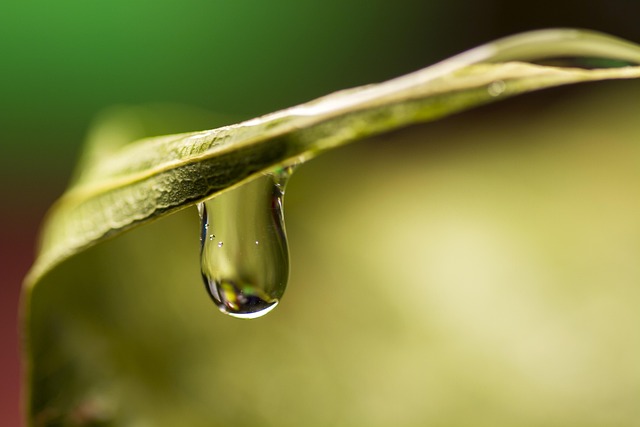In today’s fast-paced world, the push for sustainable living often collides with our love for gardening and the natural world. Eco-wise gardening strikes a balance by focusing on the ecological preservation of waters, a crucial element in maintaining healthy habitats. As stewards of the earth, it’s vital that we cultivate our gardens not just for our pleasure, but with a conscientious mind towards the environment and the intricate web of life that sustains us.
Water is the lifeblood of any garden, and its preservation is essential in fostering a thriving ecosystem. By adopting methods that emphasize ecological preservation of waters, we can create gardens that not only flourish but also support diverse wildlife. Rainwater harvesting, for instance, is a simple yet powerful technique that allows us to collect water from our roofs and direct it to storage barrels. This practice significantly reduces our reliance on municipal water systems while providing our plants with chemical-free hydration.
In addition to rainwater harvesting, implementing drip irrigation systems can minimize water waste, making every drop count. These systems deliver water directly to the root zone of plants, ensuring efficient use and reducing evaporation. Such practices encourage deeper root growth, resulting in more resilient plants that require less water over time. This mindful approach to watering is a testament to our commitment to the environment and a nod towards the ancient wisdom of nature.
Utilizing native plant species is another significant step towards ecological preservation of waters. Native plants are adapted to local climates and ecosystems, requiring less water and maintenance. They provide essential habitats for local wildlife and pollinators, creating a vibrant and interconnected ecosystem right in our backyards. Embracing the natural beauty of our local flora not only enriches our gardens but also fosters a sense of place and connection to our environment.
Moreover, incorporating organic gardening practices can profoundly impact water quality. By avoiding chemical fertilizers and pesticides, we prevent harmful runoff that can contaminate streams, lakes, and groundwater. Organic composting contributes to healthy soil that retains moisture more effectively, further supporting the ecological preservation of waters. Creating a rich, thriving environment for beneficial microorganisms enhances plant health and reduces the need for additional water resources.
As gardeners, we have an extraordinary opportunity to cultivate landscapes that mimic the natural order. The integration of permaculture principles allows us to design gardens that work harmoniously with the environment, ensuring ecological water management practices are at the forefront. By creating swales and rain gardens, we can capture and manage stormwater runoff, allowing it to seep into the ground and nourish plants, rather than flooding our neighborhoods and polluting our waterways.
It’s important to foster a culture of awareness and education within our communities about the importance of ecological preservation of waters. Hosting workshops and community garden days can inspire others to adopt sustainable practices while sharing knowledge on the significance of water conservation. Together, we can cultivate a growing movement towards eco-wise gardening that not only enhances our own green spaces but leads to healthier ecosystems for future generations.
Ultimately, the way we approach gardening can have profound implications for our environment. By embracing eco-wise methods and prioritizing the ecological preservation of waters, we can create beautiful, sustainable habitats. In these spaces, both plants and wildlife thrive, resulting in gardens that are not just aesthetically pleasing, but also vital contributors to the health of our planet.




